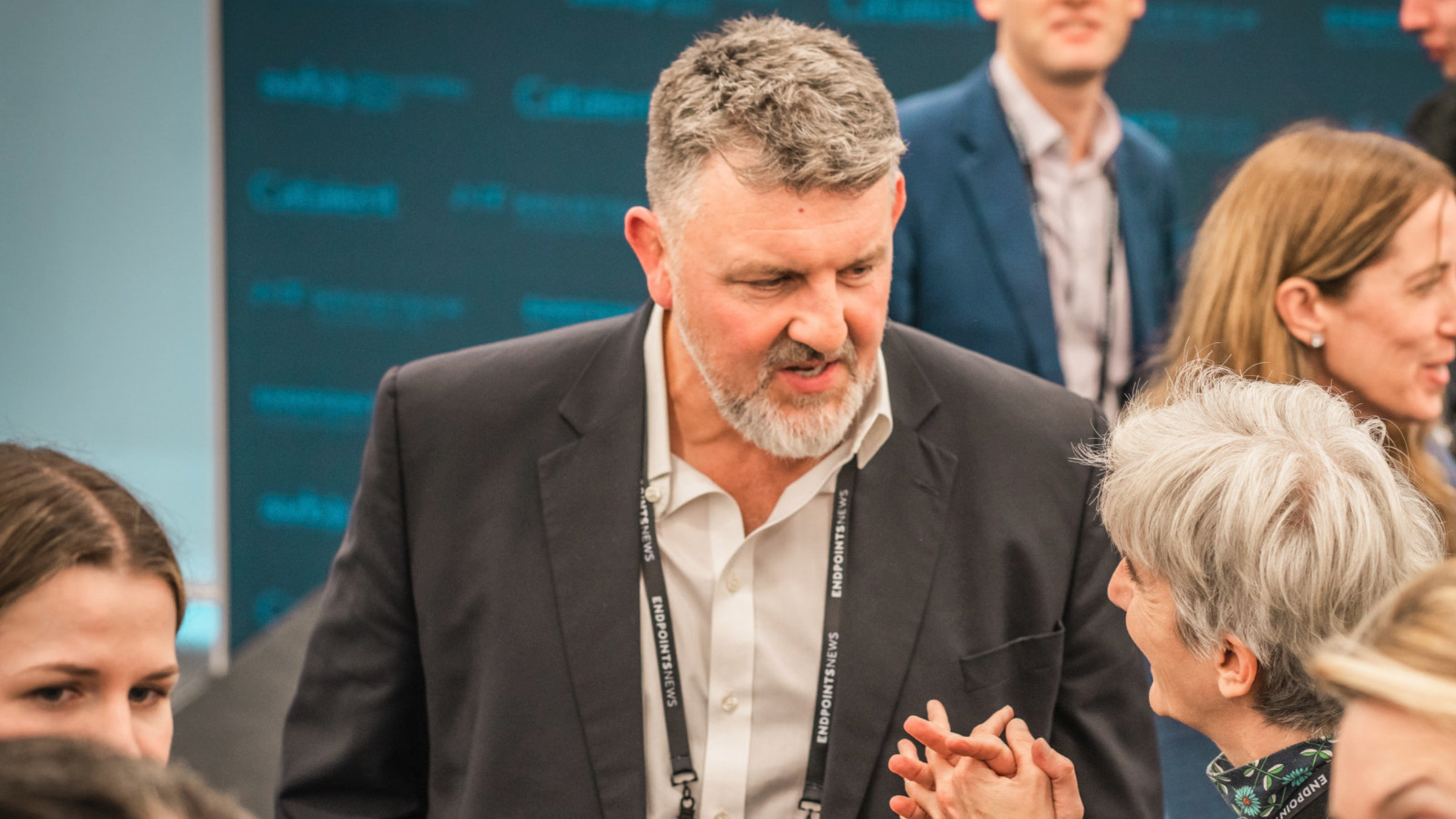
Eliot Forster, F-star CEO (Rachel Kiki for Endpoints News)
F-star's sale to Chinese buyer cleared by CFIUS following months of holdup
After taking several months to review F-star’s proposed sale to a Chinese company, the US government’s Committee on Foreign Investment in the United States …
Sign up to read this article for free.
Get free access to a limited number of articles, plus choose newsletters to get straight to your inbox.